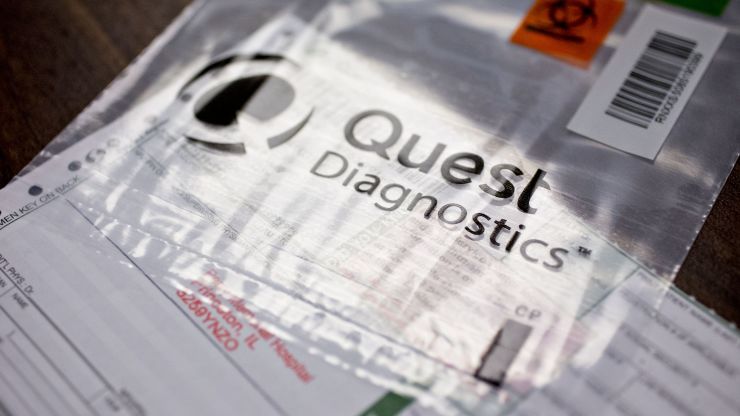
Increasing numbers of healthcare institutions are using smart cards to simplify their healthcare offerings and provide benefits to patients and staff. Smart cards have many benefits over traditional magnetic stripe cards and prove to be a secure and effective method of managing healthcare systems. Here are some of the advantages of using smart cards in the healthcare setting.
1. Smart Cards Are Highly Secure
Access to information is of critical importance in the healthcare setting. Confidential healthcare information must be protected in order for healthcare systems to work. Smart card systems allow information to be stored securely while maintaining ease of access. Smart cards contain microprocessors that have an encryption layer to safeguard information. The information will only be accessible to authorized users. Smart cards can be protected even when they are being used offline.
Smart cards also use digital certificates, which show if a card has been altered since it was issued. These digital signatures also show that the card has been issued from a secure and valid organization.
For an added layer of security, smart cards are used with other secure entry systems like biometrics (for example, access through fingertip control), or personal ID numbers. The combination of smart card security and other security measures means that it is extremely difficult for anyone to tamper with or duplicate a card. This removes the risk of identity theft and helps to protect institutions from the thread of fraud.
2. Smart Cards are Convenient
With the benefit of extensive security features, patients have peace of mind to be able to use their cards for their own healthcare needs. For example, they can monitor insurance payments and insurance balance and can provide information to help process healthcare insurance payments. They provide patients with one single card that they can use across healthcare institutions, making the system more flexible and easier.

Medical Security is a huge issue in the Industry as Quest Diagnostics says 11.9 million patients’ financial and medical information may have been exposed in data breach
3. Smart Cards Provide Joined-Up Care
Information can be stored on a card and updated in order to provide all healthcare personnel with an up-to-date record of treatments, prescriptions, and medication use. This helps to coordinate care across institutions and minimizes the risk of mistakes being made by different professionals. It also helps in an emergency situation, to deliver the right information to healthcare professionals. This can prove to be the difference between life and death in some instances. Patients will also no longer need to memorize different drug names or different clinicians – information can easily be recorded in one place for easy access.
4. Smart Cards Support the Patient and Staff
Hospitals and other healthcare providers are busy places. Smart cards minimize the time taken to access points of care, including helping patients register more easily. Using the information already stored on smart cards cuts the risk of making errors in registering patients and cuts down on the time patients spend waiting in line to be admitted or checked in. Staff also have more time for other jobs.




